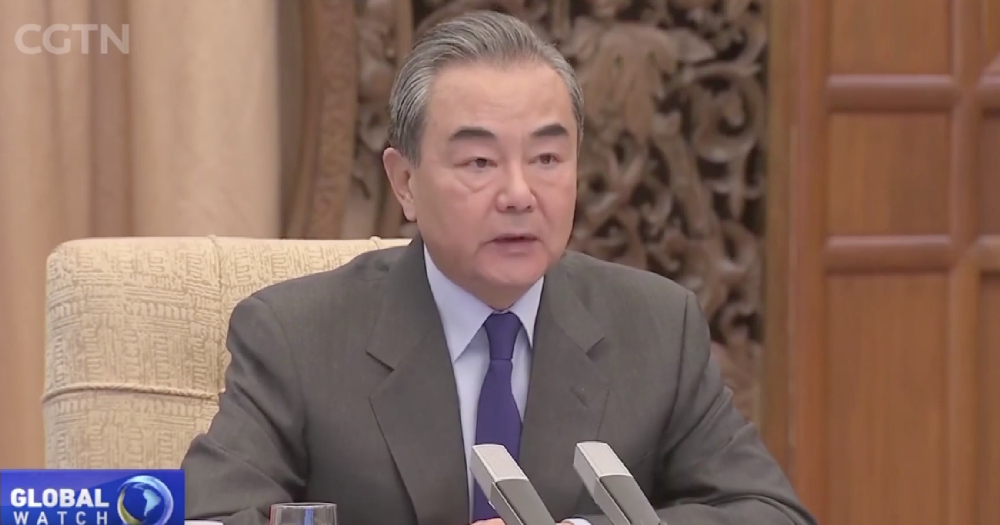China and the United States should work to serve the common interests of both countries, so both sides could restart dialogue, rebuild mutual trust and get bilateral ties back on track, Chinese Foreign Minister Wang Yi said on Monday, Dec. 7.
Wang: Decline in bilateral ties is not something that even the U.S. wants to see
Speaking at a virtual meeting with business leaders from American firms in the U.S.-China Business Council (USCBC), Wang said both countries should work together to remove obstacles, and "achieve a smooth transition in China-U.S. relations", CGTN reported.
Alluding to the rapid deterioration of bilateral ties in the past four years, Wang said that recent difficulties encountered in Sino-U.S. relations are not what China wishes to see, nor are they beneficial for all sectors of the U.S. community, including the business community.
China is not an adversary & they can cooperate on common interests
Wang further said that China and the U.S. can "cooperate on areas such as managing the pandemic, economy recovery and climate change".
He added that this could be achieved in spite of their differences in histories, cultures and development paths.
Calling for the U.S. to "correct its strategic perceptions", he said the reason for the current state of bilateral relation between both countries is because some in the U.S. cling to the "ideological prejudice and a continuation of a Cold War mentality".
This has in turn led to the "zero-sum game" view that China is an "adversary", he claimed.
Up to the U.S. to make the right decision
Wang also said he hoped that American policy on China could "return to objectivity and rationality".
He added that the ball is in the court of the U.S. to "make the correct decision" on their future relations.
But Wang also slipped some thinly veiled criticisms in, saying China "does not interfere in the internal affairs of the U.S., does not export its development model abroad, and does not engage in ideological confrontation".
Therefore, the U.S. "should also abide by the norms of international relations, and not block the Chinese people's right to pursue a better life", he said.
Senior Chinese diplomat Fu Ying has voiced the same opinion recently, laying out what China wants to see from the U.S. in an op-ed that the New York Times as containing both "veiled threats and olive branches".
Totally unrelated but follow and listen to our podcast here
Top image via CGTN
If you like what you read, follow us on Facebook, Instagram, Twitter and Telegram to get the latest updates.
